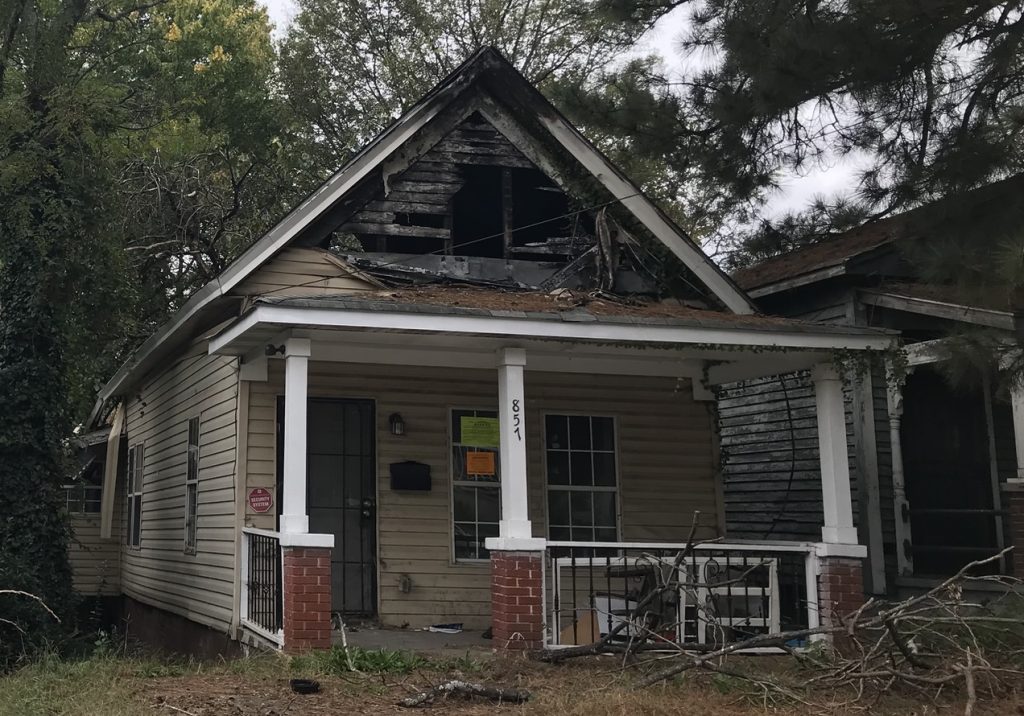Environment
Short Takes
Georgia’s new data center rule increases local controlDecember 1, 2025

By David Pendered
Aug. 26 — Georgia has almost completed the proposed update to its plan for spending in 2024 the state’s allocation of the nation’s largest program to subsidize the building and preservation of affordable housing.
The proposed plan appears to refine the housing strategic goals in order to raise the bar on issues of equity, local participation in projects and new development. The apparent goals are to foster supportive, inclusive communities. The proposal also aims to eliminate the presence of developers who have no experience working with housing tax credits.

In September, public comments are due on the second draft of revisions to the proposed 2024 Qualified Action Plan. The revised plan is to be submitted in October to the Board of Housing of the Georgia Department of Community Affairs. Gov. Brian Kemp is expected to sign the new plan in January 2024, based on the date he signed the 2023 QAP.
The State of Georgia received about $30 million in a recent allocation of the Low Income Housing Tax Credits. Nationwide, the LIHTC program is valued at the equivalent of about $9 billion, according to HUD.
HUD observes LIHTC is “the most important resource for creating affordable housing in the United States today.” The tax credits reduce the tax burden on developments and can be used to subsidize the “acquisition, rehabilitation or new construction of rental housing targeted to lower-income households.”
Here are three examples from the redlined version of the proposed 2024 QAP. It is the Georgia Department of Community Affairs’ plan for allocating LIHTC funds issued by HUD.
The proposals appear on page 15 of the QAP, under the Housing Strategic Goals section:
The proposed 2024 QAP requires developers to have experience developing tax credit properties. The development team must receive a qualification determination annually. The list of criteria includes financial solvency; properties under construction; performance in meeting deadlines for completion and other measures, and compliance with state and HUD requirements.
For information on how to submit a comment and to read the full set of information, visit this page on DCA’s website.
0